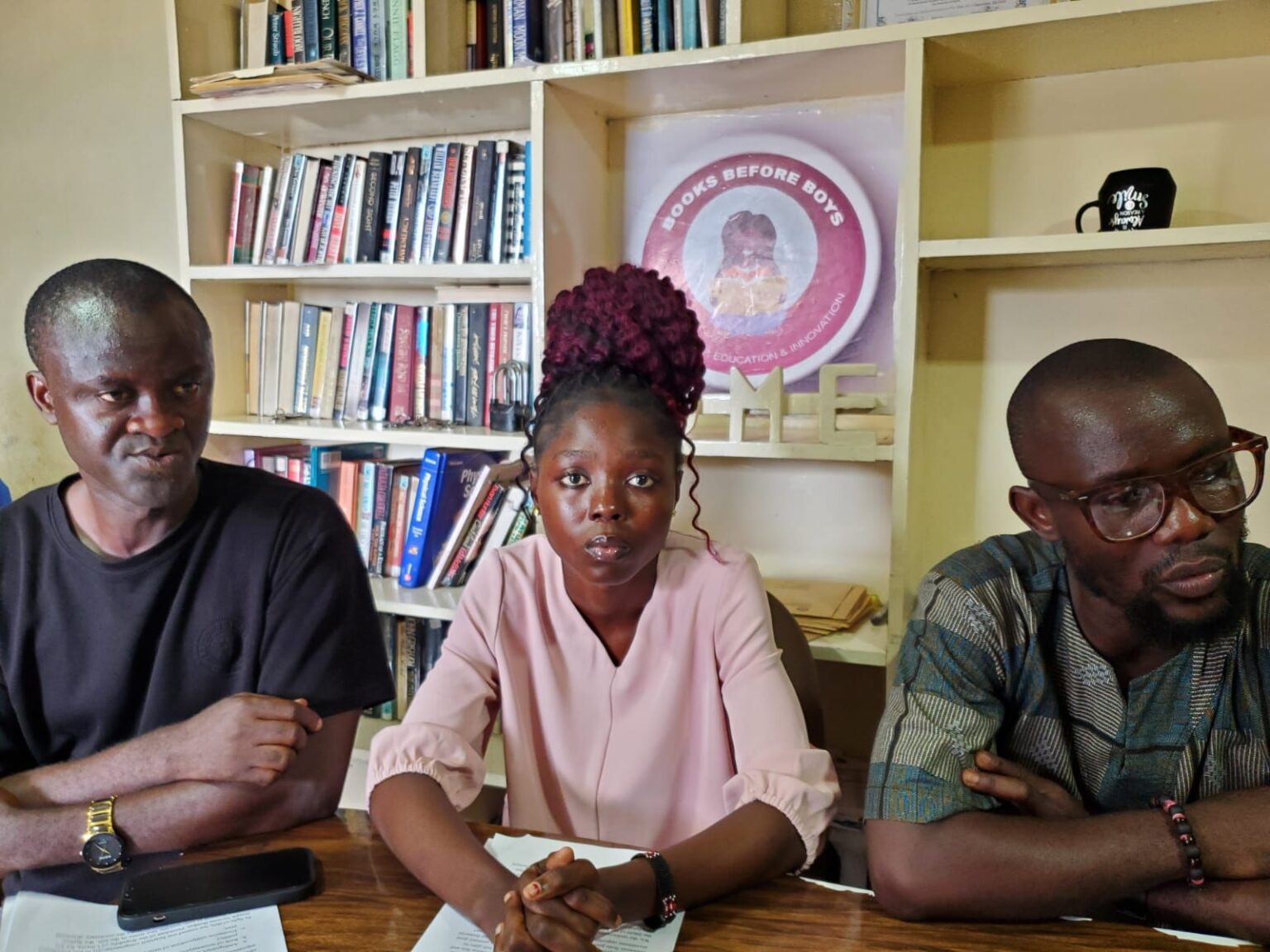A coalition of more than nine civil society organizations has praised President Joseph Nyuma Boakai for vetoing portions of the Liberia Sea and Inland Ports Decentralization and Modernization Bill.
The groups hailed the move as a demonstration of courageous leadership and a deep commitment to the public interest.
The controversial bill, which had gained passage through both the Senate and the House of Representatives on June 24, 2025, was intended to decentralize and modernize port operations across the country. It proposed granting local seaports and inland ports greater autonomy to manage resources and attract investment.
However, President Boakai, citing flaws in the bill’s structure and implementation strategy, declined to approve several key sections.
Delivering a joint statement on behalf of the coalition, Stephanie Success Gibson, Assistant Secretary General of Books Before Boys Inc., said the President’s decision was a timely intervention to protect Liberia from future administrative and governance complications.
She stressed that the veto was not an opposition to progress but rather a push for thoughtful, well-planned reform.
According to Gibson, the President’s action reflects a listening leadership style and a focus on sustainable policy development.
She emphasized that true modernization must be grounded in accountability, clear legal frameworks, and public participation.
While acknowledging the importance of modernizing Liberia’s port system, the civil society organizations flagged serious concerns.
These included vague legislative language, limited public engagement during the drafting process, and the controversial proposal to establish a nine-member board for every local port, something they fear could create bureaucratic inefficiencies and administrative redundancies.
The CSOs urged the Legislature to revisit the bill and make the necessary corrections to ensure it promotes transparency, efficiency, and inclusivity. They warned that poorly designed decentralization risks duplicating authority and misusing public resources.
Gibson stressed that while the bill holds potential, it must align with the aspirations of ordinary Liberians, not just institutional interests. She called on lawmakers to return to the drawing board and incorporate meaningful reforms that will strengthen the bill and its implementation.
Organizations endorsing the joint statement included the Center for the Exchange of Intellectual Opinion, National Muslim Student Association of Liberia, Books Before Boys Inc., New Initiative For Progress, Coalition of Youth and Students for a Better Liberia, Liberia Youth United for Disability, Young Women for Peace, Alliance of Muslim Youths for Democracy, Liberia Action for Climate Justice, and Voice of the People.
The group closed by reaffirming their commitment to constructive engagement with both the Executive and Legislative branches to ensure that any final version of the law genuinely serves national development goals and the well-being of all Liberians.

